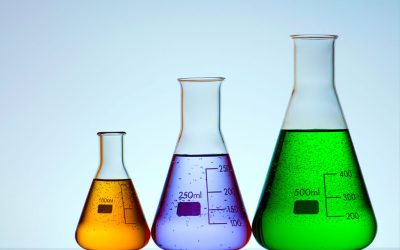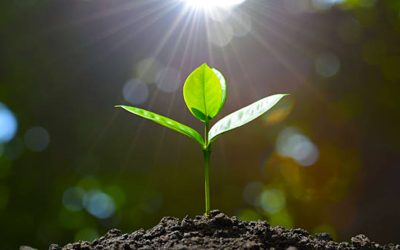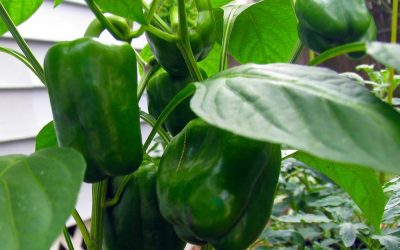Fertilizer vs. Hydroponic Nutrients In order to begin a discussion on hydroponic nutrients, it’s important to first distinguish the difference between the terms fertilizer and hydroponic nutrient. Fertilizer is intended to feed the microorganisms in the soil, such as...
Nutrients
EC vs TDS
A quick answer to why we should use EC instead of TDS The debate over EC and TDS has been an ongoing issue for a long time. These two measurements are used to determine the strength of hydroponic solution. Although they are widely used they should only be used as a...
How Plants Uptake Nutrients
Nutrients play an important role in many plant processes. Nitrogen, for example, is a component of both amino acids (the building blocks of protein) and chlorophyll (the green pigment present in all plants). Phosphorous is essential to the formation of a plant’s DNA...
pH Measurement
pH measurement is used in a wide variety of applications: agriculture, wastewater treatment, industrial processes, environmental monitoring, and in research and development. pH is a measure of the acidity or alkalinity of a solution. The pH value states the relative...
What Are the Best Water Types for Hydroponics
There are many types of water to choose from when sourcing water for your hydroponic system. Some are better than others, and now is the time to determine the differences. The best situation is to have water with no added minerals, with an EC of close to zero...
Calcium in Plants
Calcium uptake and mobility Calcium uptake by the plant is passive and does not require energy input. Calcium mobility in the plant takes places mainly in the xylem, together with water. Therefore calcium uptake is directly related to the plant transpiration rate....






